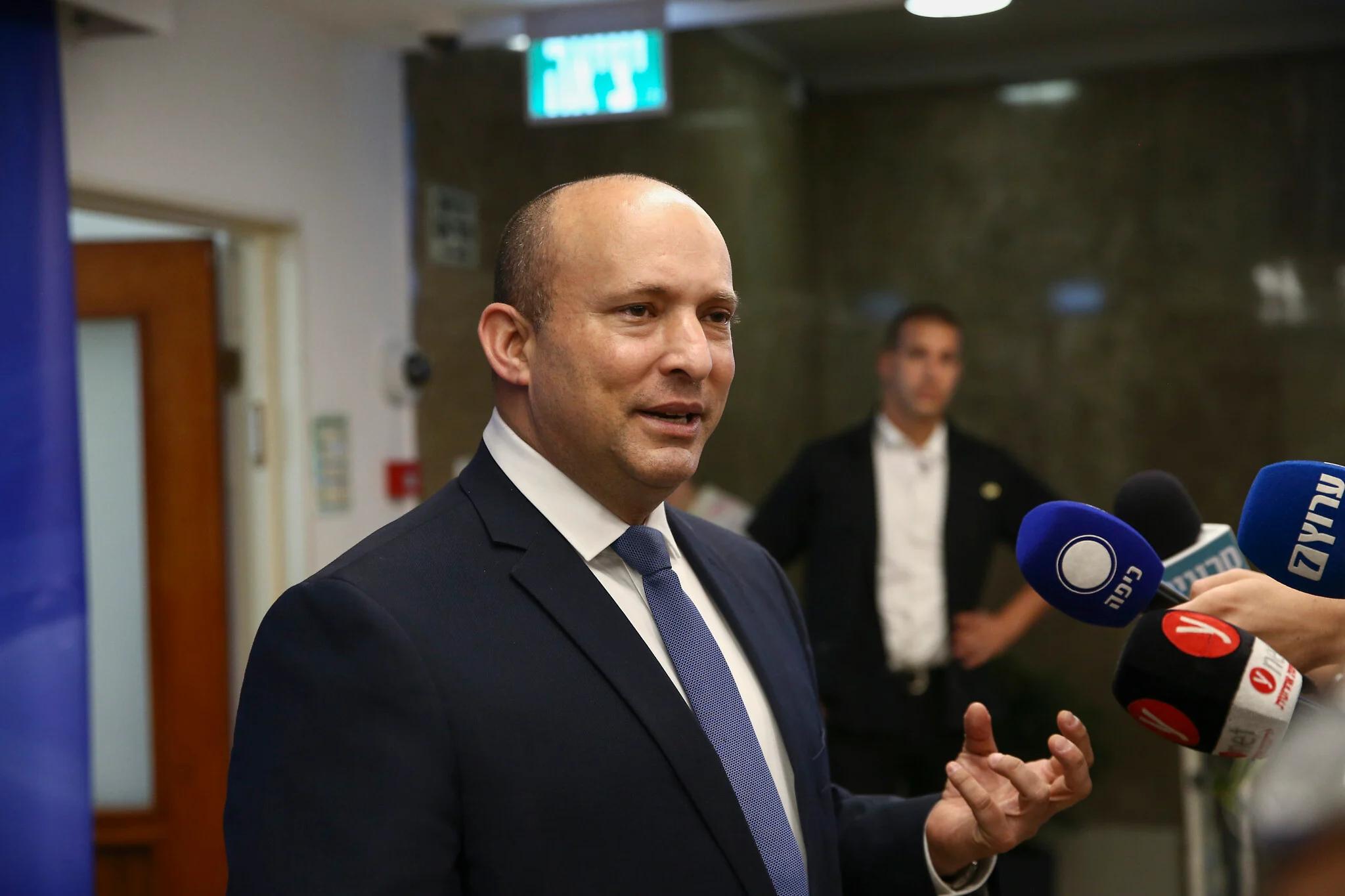From Startup to statesman: Can Bennett's return save Israel?
As Israel searches for stability in a time of crisis, Naftali Bennett’s return may offer the rare combination of leadership, pragmatism, and vision.

In post–October 7 Israel, the public isn’t just looking for a politician — it’s searching for leadership.
Unlike most of Israel’s leading political figures — Netanyahu, Lieberman, Gantz, or Deri — Naftali Bennett has not spent the past 30 or 40 years inside state systems. While others have operated within long-entrenched and often corrupt public, military, or political institutions, Bennett comes from a different world entirely. A product of the private sector, he launched a startup and pulled off a major exit at barely 25 years old — based not on connections, but on talent and initiative.
A Different Kind of Politician
A former soldier in the elite Sayeret Matkal unit, a religious Jew who wears a kippah, an energetic, meticulous operator with a clear vision and proven managerial skills — Bennet combines ideological depth with professional rigor. During his short term as Prime Minister, he showed an ability to make difficult, sometimes unpopular decisions that prioritized the country's interests.
Politically, he stands further to the right than Netanyahu, particularly in his adamant rejection of a Palestinian state, his skepticism toward negotiations with the Palestinian Authority, and his support for the annexation of territories. But unlike others on the right he is measured, pragmatic, and capable of bridging internal divides.
A Leader for the Post–October 7 Era?
Yes, many on the right were furious when he formed a government with left-wing partners. But that happened following four inconclusive elections and paralysis. In today’s Israel — that old criticism needs to be re-evaluated. As early as 2014, Bennett was the first to warn of Hamas’s underground offensive capabilities — concerns that were largely dismissed at the time. There’s also a case to be made that Bennett is uniquely positioned to broker a balanced, widely accepted judicial reform — something desperately needed in a country teetering on the edge of legal and social crisis. He also has the potential to ease deep-rooted tensions between religious and secular communities, between Mizrahi and Ashkenazi Israelis, and even to pull parts of the political left closer to the right on matters of national security.
Economically, his brief term was marked by fiscal discipline, a firm stance against bloated public-sector unions, and efforts to open Israel’s economy to global markets — particularly through tax reforms. It was a technocratic approach Israel hadn’t seen in decades. And the Israeli public seems to recognize these natural advantages. Polls consistently place Bennett between 22 and 27 seats — roughly a fifth of the electorate, which is significant under Israel’s proportional system.
A Leader Who Understands the World
Another key advantage is his deep understanding of the United States, Israel’s most vital strategic ally. Raised by American parents, he intuitively grasps U.S. political culture.
Now as he announced the launch of a new political party under the working title “Bennett 2026.” it seems as though the name will likely change, but perhaps — just perhaps — along with it, so will the future of the State of Israel.